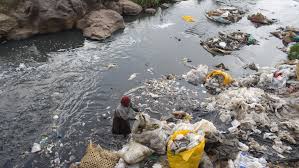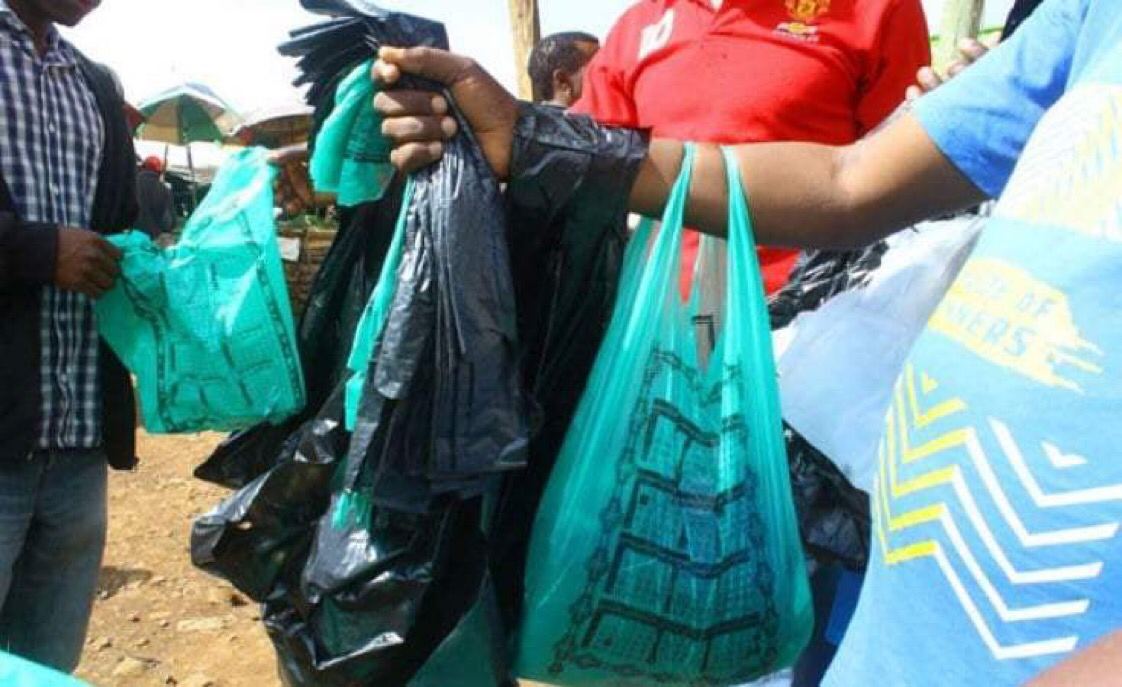A United States manufacturing firm set to tap into Kenyan Markets is in talks with Nairobi as the country is expected to lift ban on plastic papers.

In June this year, the State banned the single use plastics in all Kenya’s protected areas including its beaches, national parks, conservation areas, and forests.
According to a newly launched trend report by Sustainable Inclusive Business (SIB-Kenya), the ban was a logical next step in reducing the amount of unsustainably disposed plastics.
However, a new report has emerged as the Kenya warms up to shelve this and the 2017 ban on throw away carrier bags(Paper bags).
The New York Times reports that an industry group representing the world’s largest chemical makers and fossil fuel companies is lobbying to influence United States trade negotiations with Kenya to reverse its strict limits on plastics.
“We anticipate that Kenya could serve in the future as a hub for supplying U.S.-made chemicals and plastics to other markets in Africa through this trade agreement,” Ed Brzytwa, the director of international trade for the American Chemistry Council, wrote in an April 28 letter to the Office of the United States Trade Representative.
According to the publication, Kenyan President Uhuru Kenyatta is on the verge of striking the deal that will see the plastic ban implemented in 2017 lifted.
Further, the deal will see Kenya open up to importation foreign plastic garbage for recycling, a practice that is limited currently.
“In 2019, American exporters shipped more than 1 billion pounds of plastic waste to 96 countries including Kenya, ostensibly to be recycled,” reports the paper.
“China closed its ports to most plastic trash in 2018, exporters have been looking for new dumping grounds. Exports to Africa more than quadrupled in 2019 from a year earlier,” adds Newy York Times.
Sustainable Inclusive Business (SIB-Kenya) reports that the ban, June 2020 and that one of 2017, results indicate an 80 per cent success rate and reduced polythene bags along Kenya’s coastline, parks and drainages.
“This comes at a time when we see an increase in single-use plastic products, and the ban will go a long way in encouraging the adoption of the refuse, rethink, remanufacture, recycle, and recover model of production. Plastic production is expected to double over the next 20 years, most of which will be single use packaging material,” noted Sustainable Inclusive Business Director Karin Boomsma
Kenya was amongst other African countries—like Rwanda and South Africa —in the frontline of eliminating the use of single-use plastics with combined total bans and levy on retailers.

















